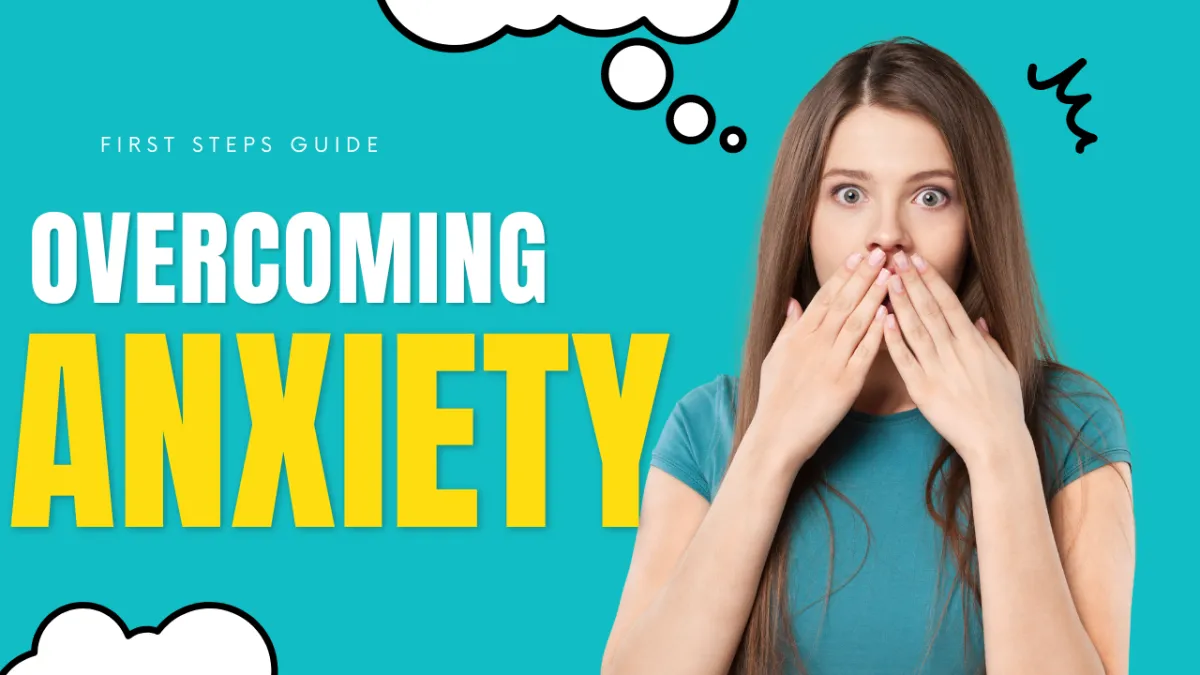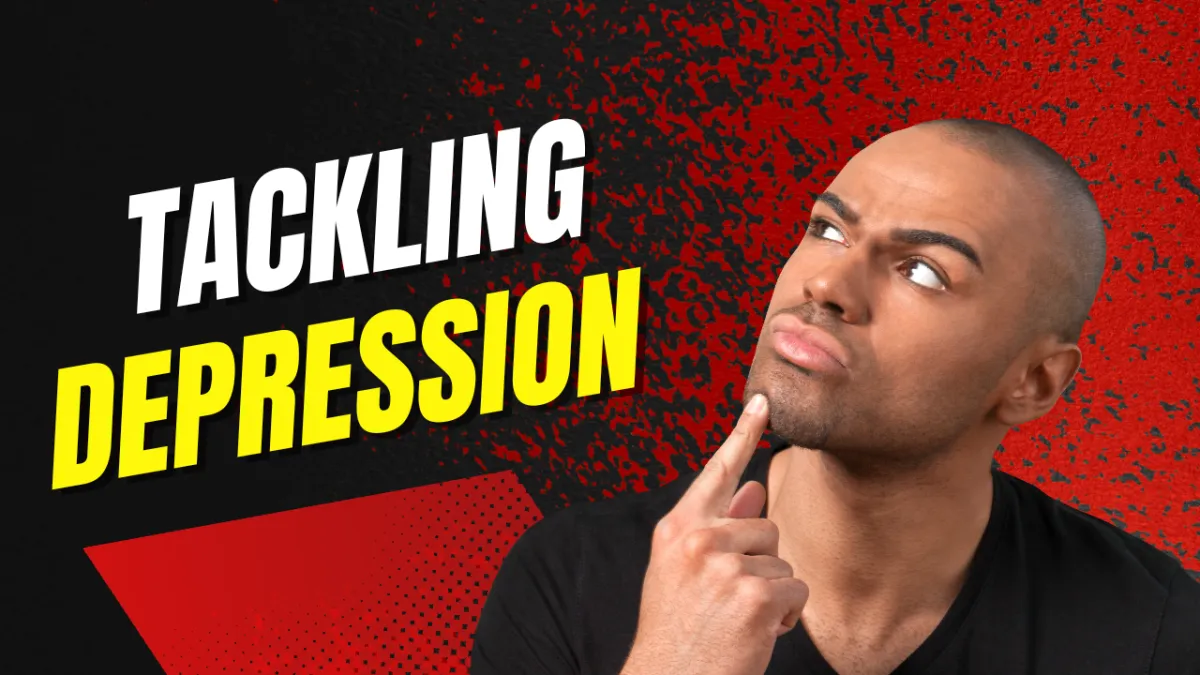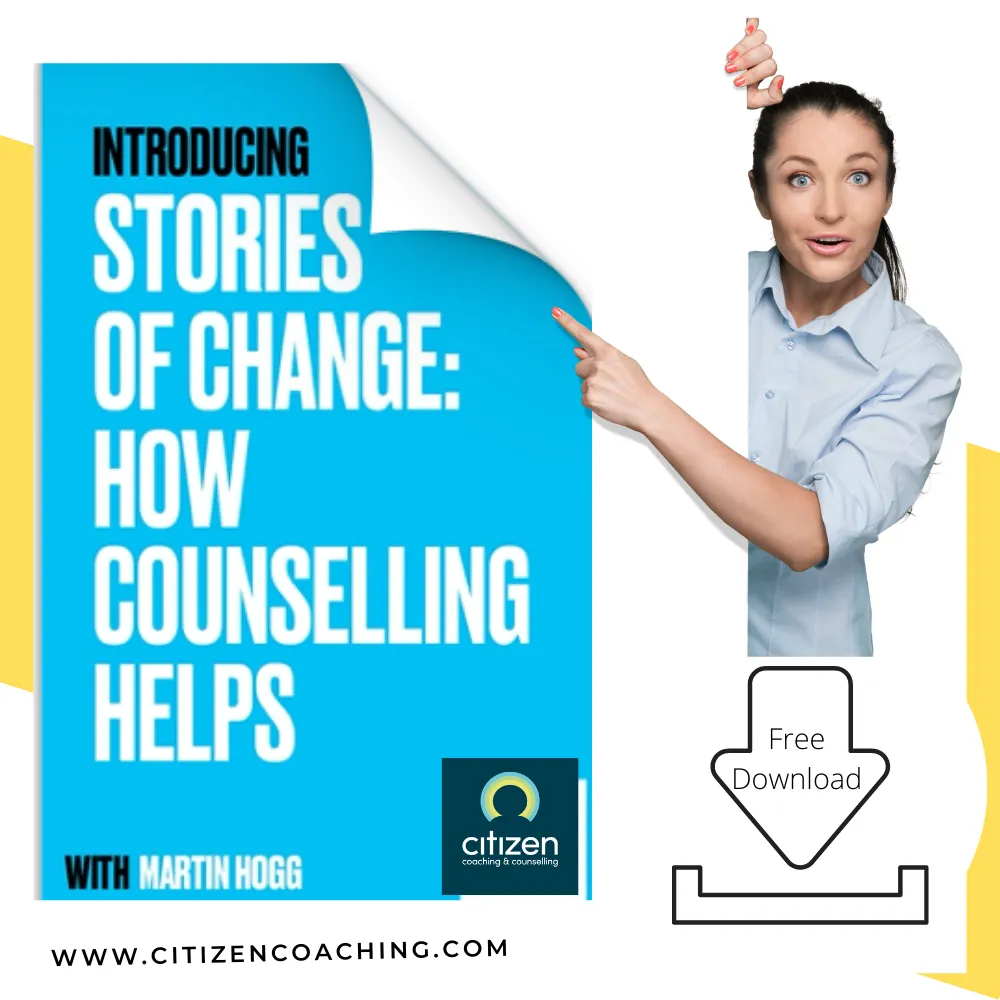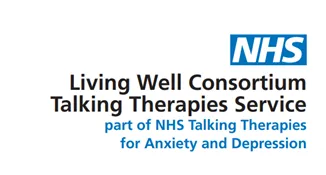404 Page Error

Sorry, we're not sure what happened there- it looks like that page is missing.
Please take a look at our most popular pages below

ARE YOU LOOKING FOR ANGER MANAGEMENT HELP?
Anger Management Groups, Online and One-To-One
We deliver regular LIVE Intensive One-Day Group Anger Management Courses, with a certificate of attendance, from our Centre in Birmingham.
We also have a self-guided Online Course that you can do at your own pace and the option to work one -to-one with an Anger Management Counsellor.
what problem are You looking for help with?
Download Our Free First Steps Guides









Do you live in birmingham UK?
You could access many of our services for Free
We work with the Living Well Consortium to deliver NHS Talking Therapies Online and Face to Face from our modern Counselling Centre in Digbeth.
If you are over 16, you can self-refer. You will need to know your NHS number to sign up. (This can be found on GP Letter, prescribed medicines or vaccination records via your GP reception or the NHS app). Young People 11-16 years old can be referred to us through Forward Thinking Birmingham.

EMPLOYERS-are you looking to support a team member or their family MEMBER?
Citizen Employee Assistance Programme
We work with organisations to enable them to support their employees and often their families through difficult times. One to One, Couples Counselling and Anger Management are just three services we offer.


How to Find Us
Citizen Coaching and Counselling.
205 Zellig Building, Gibb Street, Birmingham B9 4AT
If you have a face-to-face appointment, meet your counsellor in the reception area of the Zellig Building (the big red brick building on the main road in front of the Custard Factory.)
Arriving by car? There is a pay and display car park directly next to our building.

As Seen on BBC Breakfast and heard on BBC Radio.
A Big Thank You to our Many Supporters
Copyright © CitizenCoaching 2025





